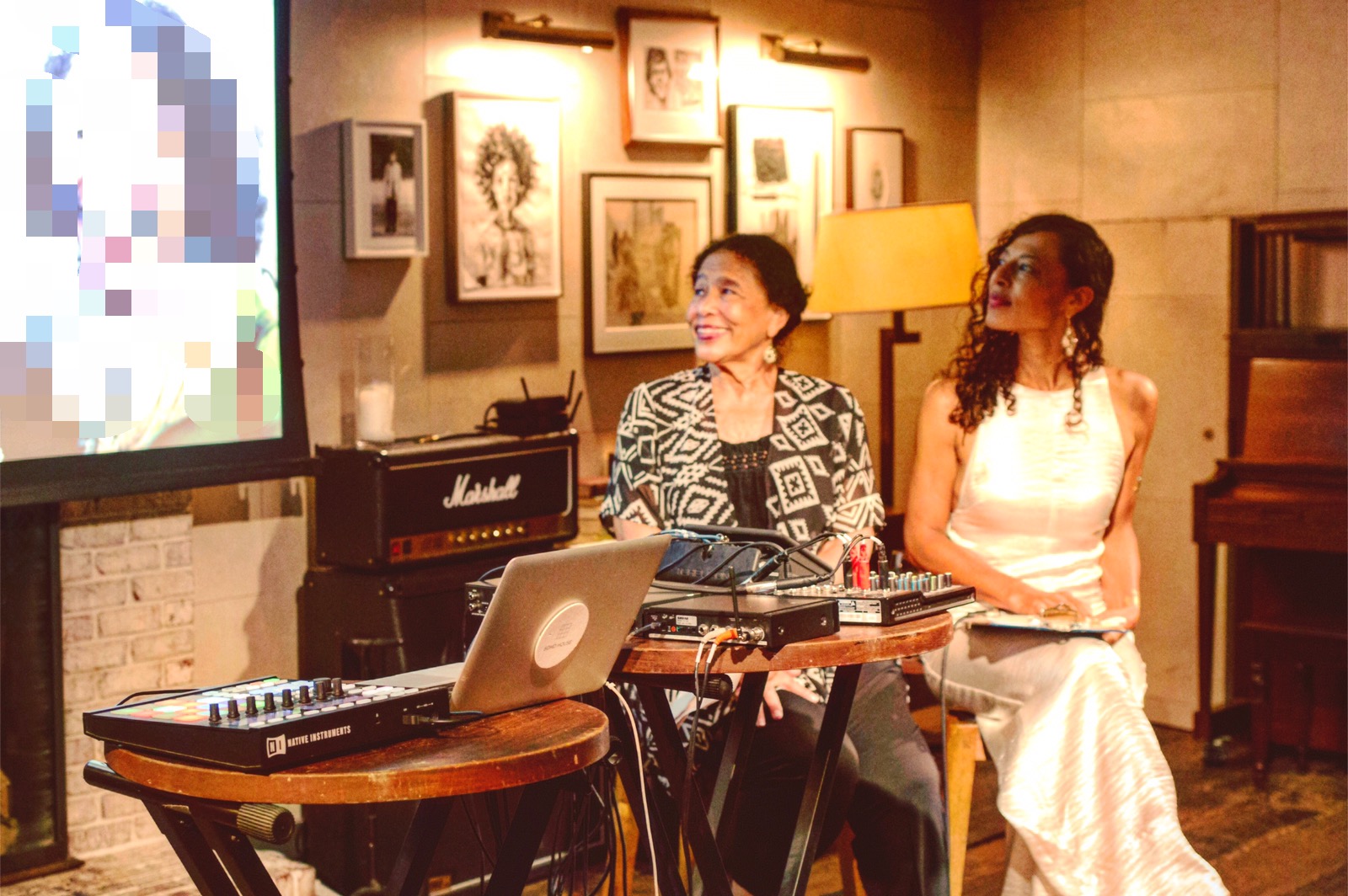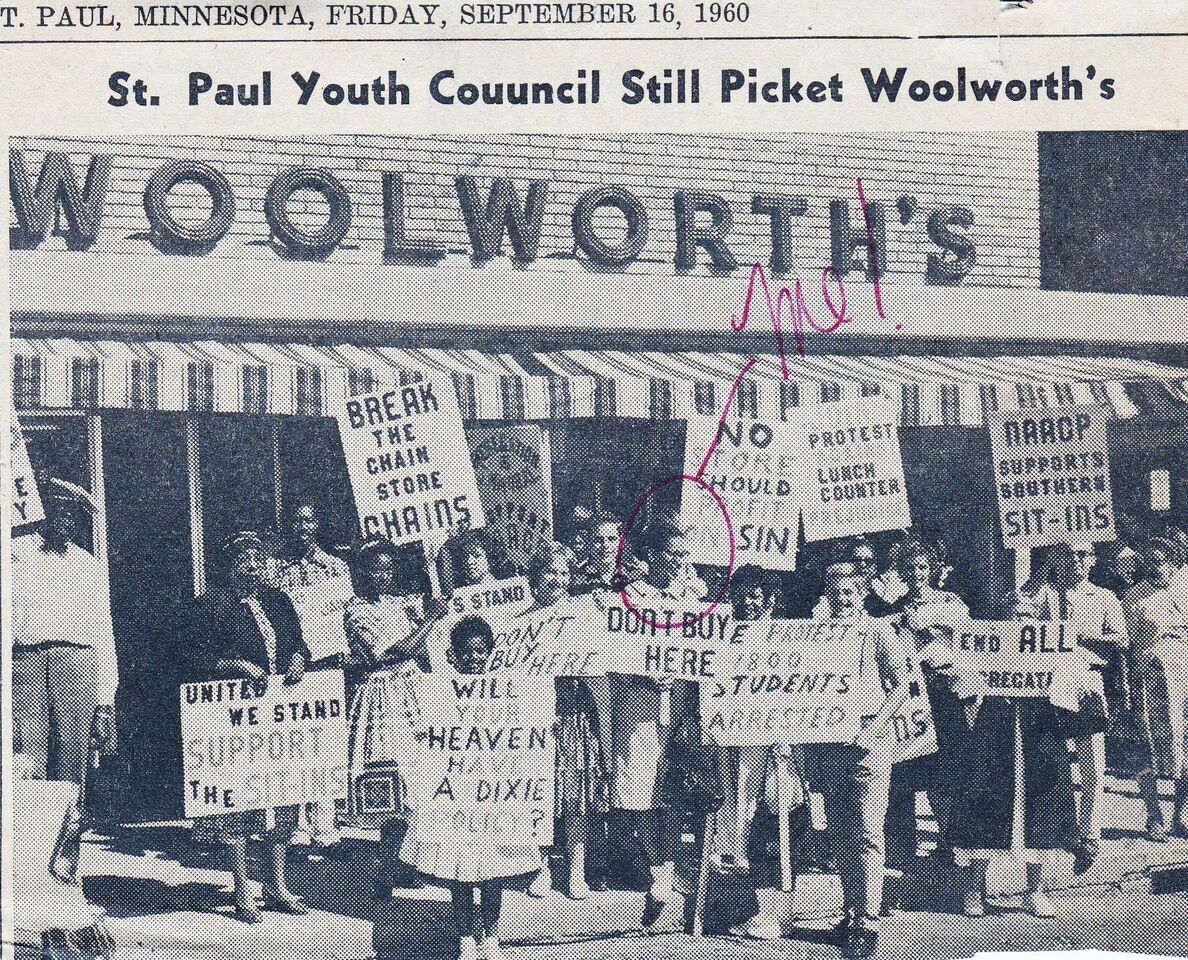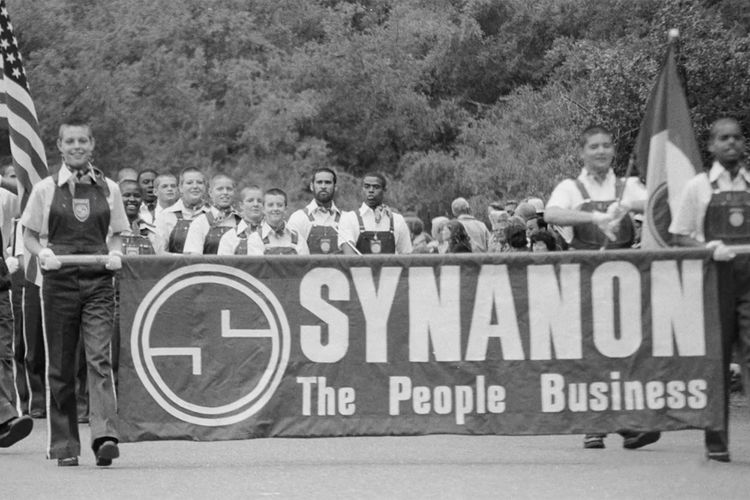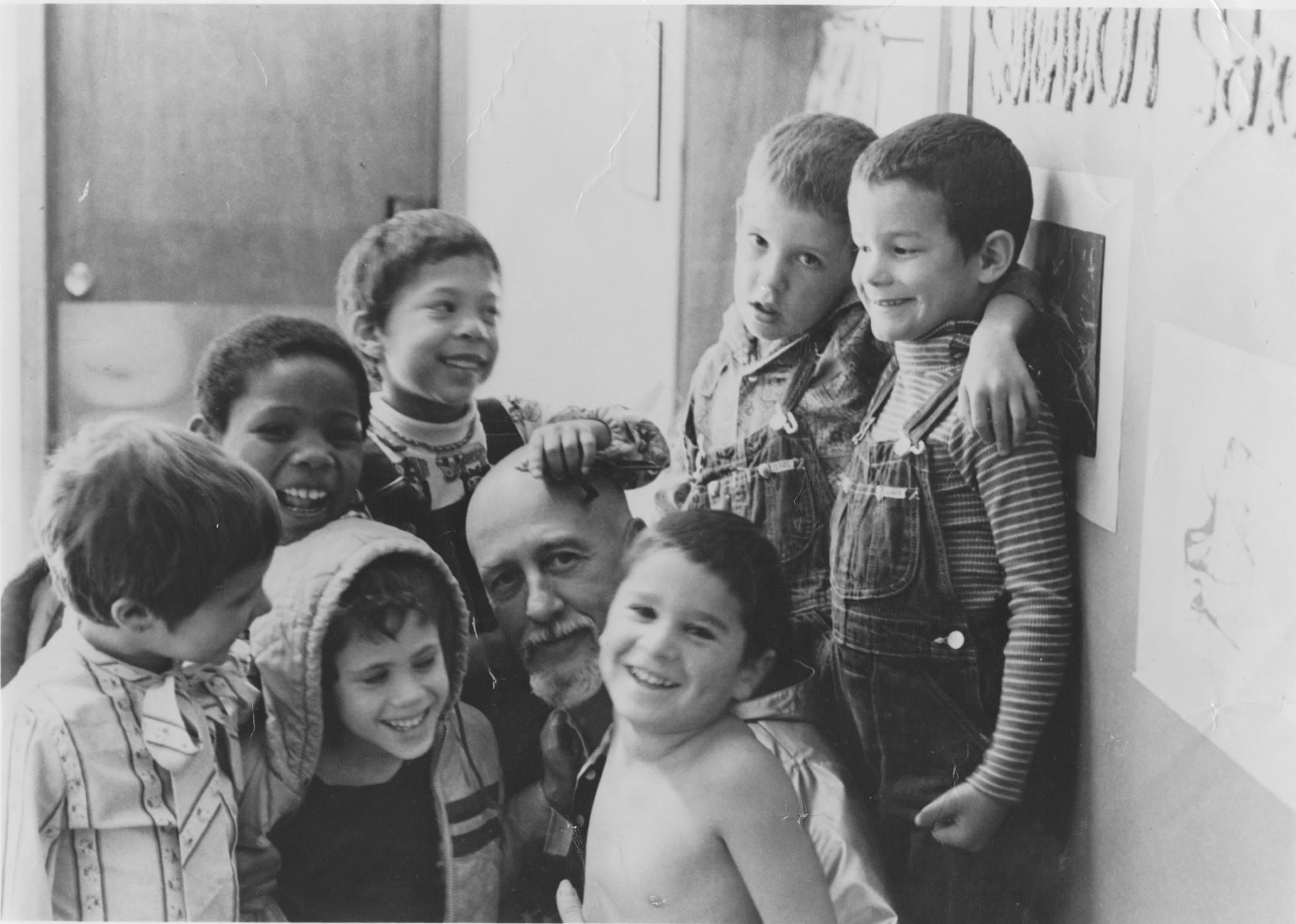A new documentary premiered on Paramount+ on December 12th. It chronicles Cassidy Arkin’s journey to discover the truth about Synanon, the experimental California community that turned into a full-blown cult. We interviewed Arkin and her mother Sandra Rogers-Hare about their experience living in Synanon, where interactions were regulated by the Game.

Why did you, Sandra, decide to go to Synanon?
It is not so much that I decided to go to Synanon as I was a part of, affected as a Black woman by the ’60s—civil rights, Vietnam, updating the American dream to include people like me. I left a rather locked-in existence in the black neighborhood of St. Paul, Minnesota and came to California where the farm workers were encouraging a strike against buying grapes, students at UC Berkeley were taking LSD and leading the Free Speech Movement. It was exciting, and I saw a place for myself there.
Synanon was an organization that attracted a number of political and hip people to come and play the “Game,” a no-holds barred discourse where I found an outlet to challenge the system and call out hypocrisy. Participation in the Game led to volunteering as a teacher at Synanon and eventually my moving in. My husband, whom I met through the Synanon game, and I wanted to raise a family in this environment where there were no strictures on us socially as a mixed-race couple wanting to be active in our lives, have some agency in it. So, you see, it wasn’t so much a decision to go to Synanon as an evolution of a relationship with Synanon.

What was the best and worst thing, Cassidy, about your early childhood memories from Synanon?
Reflecting on my early childhood memories in Synanon, the challenges were significant. The worst aspects included the constant cultural changes, the imposition of a uniform, strict mandates, the absence of sugar, and the separation from my parents. Emotional violence was prevalent, and I experienced corporal punishment, leaving lasting traumatic effects that shaped my upbringing in Synanon.
However, amidst these difficulties, my inherent resilience allowed me to overcome these challenges. One positive aspect was the formation of incredibly strong relationships with my peers inside Synanon. These bonds, born out of shared experiences, remain irreplaceable and enduring. To this day, I maintain close connections with my brothers and sisters from Synanon, sharing a unique bond that we couldn’t have gotten without living in Synanon, the deep and lasting connections which remain for a lifetime. Despite the hardships, there was a lot of love and magic that came from the Synanon experience. I am grateful for having been born inside Synanon, recognizing the unique aspects that contributed to the person I am today.
What was different about Synanon’s definition of diversity?
Regarding diversity in Synanon, the Game provided an opportunity for individuals to transcend conventional boundaries of race, socio-economic status, and more. Social, racial, and economic diversity thrived, and the Game played a crucial role in incorporating all these elements of society. However, from a child’s perspective, my understanding of diversity within Synanon was shaped by observing the varying head shapes of the people in Synanon, education, and the importance of respect and honesty towards others in the community.

Born in Synanon is available to stream on Paramount+. You can watch it here.

